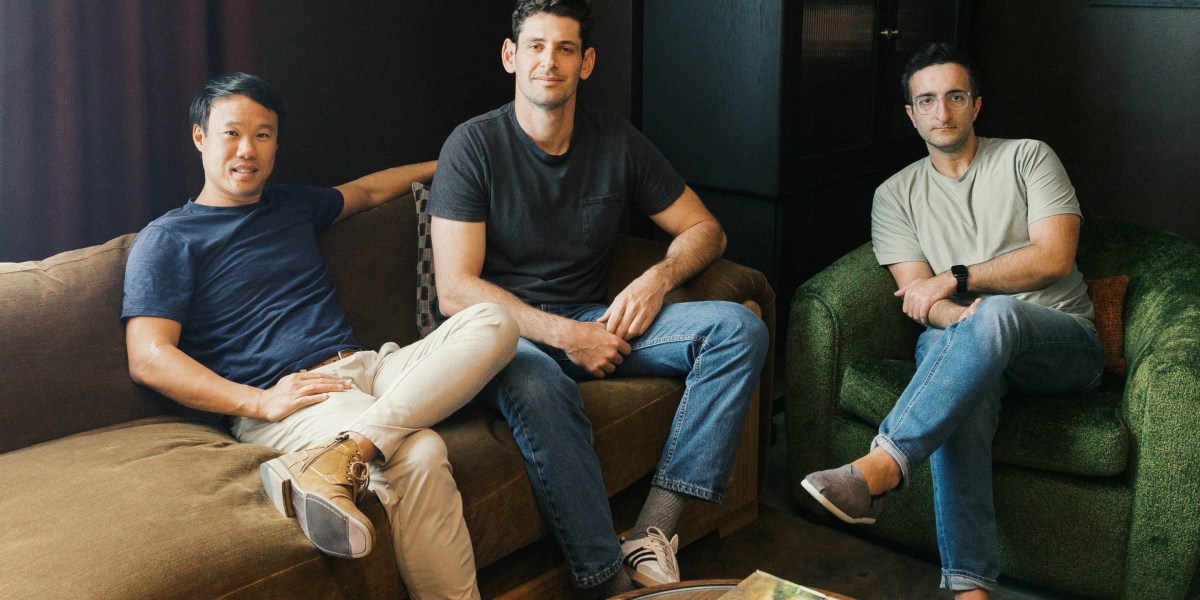Three former engineers at crypto exchange Coinbase left the company earlier this year to start their own venture. On Wednesday, the team announced its new project: A crypto savings app called Nook, alongside $2.5 million in funding from venture capital firms Coinbase Ventures, defy.vc and UDHC. The company declined to disclose its valuation in the round.
Nook seeks to make it easier for non-crypto native users to increase the amount of their crypto holdings through services like Aave, which let users lend their crypto to borrowers in exchange for interest.
Joey Isaacson, CEO and co-founder of Nook, told Fortune that his team estimates that a user must go through 14 different steps to gain access to the average lending platform. This, he says, creates a barrier to entry for crypto investors who don’t understand the intricacies of blockchain technology or don’t have the time to learn it.
Nook hopes to strip away some of the complexities of other platforms by letting customers sign up with an email address rather than having to connect a crypto wallet, Isaacson said.
“What we’re trying to do is make the experience a lot easier, make the messaging a lot more clear…and stick to a clear setup where we are within the regulatory confines and we are following the rules,” he said.
While Isaacson says the company plans to introduce more lending programs in the future, Nook launched to the public on Wednesday with one partner, Moonwell, a lending platform founded in 2021 by another Coinbase alumnus.
Prior to launching publicly, Nook had been slowly onboarding customers from its waitlist of over 50,000 people. These users have received an 8% annual return by lending their Bitcoin or some other crypto to borrowers on Moonwell via Nook. “We can’t guarantee it, but that has been the results that users have been seeing,” Isaacson said.
Because cryptocurrencies are so volatile, it is risky to engage in lending and borrowing of crypto. However, Moonwell and other companies like it try to limit the risks involved by requiring borrowers to “over-collateralize” their loans, meaning they put in more crypto than they take out of the program to invest. In the instance that the value of the collateralized crypto falls to a predetermined threshold, the borrower is automatically liquidated, meaning they’re forced to return their loan and the program sells their collateralized crypto.
Another Coinbase alumnus and former CEO of lending protocol Compound, Jayson Hobby, is pursuing a similar venture called Legend. Hobby’s platform gives users broad access to multiple decentralized finance applications—platforms that facilitate a financial function without a third-party like a bank—rather than forcing users to sign into a number of different accounts.
At the moment, Nook is free for customers to use. However, Isaacson said he will consider various revenue options after the company attracts a sizable user base. “Once we can make that connection and continue to build up our community, we see a few revenue options down the road,” Isaacson said.
The company will use the money raised in this round to fine-tune its technology and to market and distribute its product.










